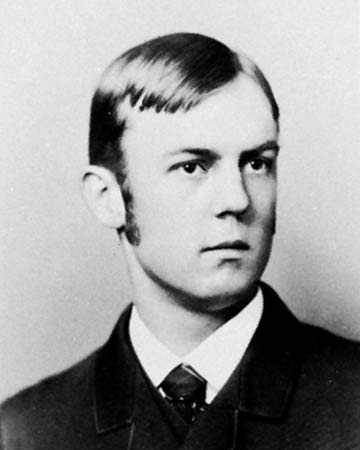Charles Horton Cooley frases e citações
Charles Horton Cooley: Frases em inglês
Fonte: Human Nature and the Social Order, 1902, p. 36
Fonte: Social Organization: a Study of the Larger Mind, 1909, p. vii, Preface , lead sentece
Charles Horton Cooley, in Structure and Agency in Everyday Life: An Introduction to Social Psychology http://books.google.co.in/books?id=KMLEnR1hoDQC&pg=PA53, (1 January 2003), p. 53
Fonte: Human Nature and the Social Order, 1902, p. 168-9
Fonte: Human Nature and the Social Order, 1902, p. 17
Charles Cooley (1927). Life and the Student: Roadside Notes on Human Nature, Society, and Letters. p. 200
Fonte: Human Nature and the Social Order, 1902, p. 111
Variante: A self -idea of this sort seems to have three principal elements: the imagination of our appearance to the other person; the imagination of his judgment of that appearance, and some sort of self-feeling, such as pride or mortification.
Fonte: Human Nature and the Social Order, 1902, p. 182 (1922)
Fonte: Social Organization: a Study of the Larger Mind, 1909, p. 23 (1962)
Fonte: Human Nature and the Social Order, 1902, p. 182 (1922)
Fonte: Human Nature and the Social Order, 1902, p. 1; Lead paragraph
Fonte: Human Nature and the Social Order, 1902, p. 259 (1964)
Fonte: Human Nature and the Social Order, 1902, p. 120
Fonte: Human Nature and the Social Order, 1902, p. 209
Fonte: Human Nature and the Social Order, 1902, p. 207
Fonte: Human Nature and the Social Order, 1902, p. 184-5 (1922)
“Strong joy and grief depend upon the treatment this rudimentary social self receives.”
Fonte: Human Nature and the Social Order, 1902, p. p. 166
